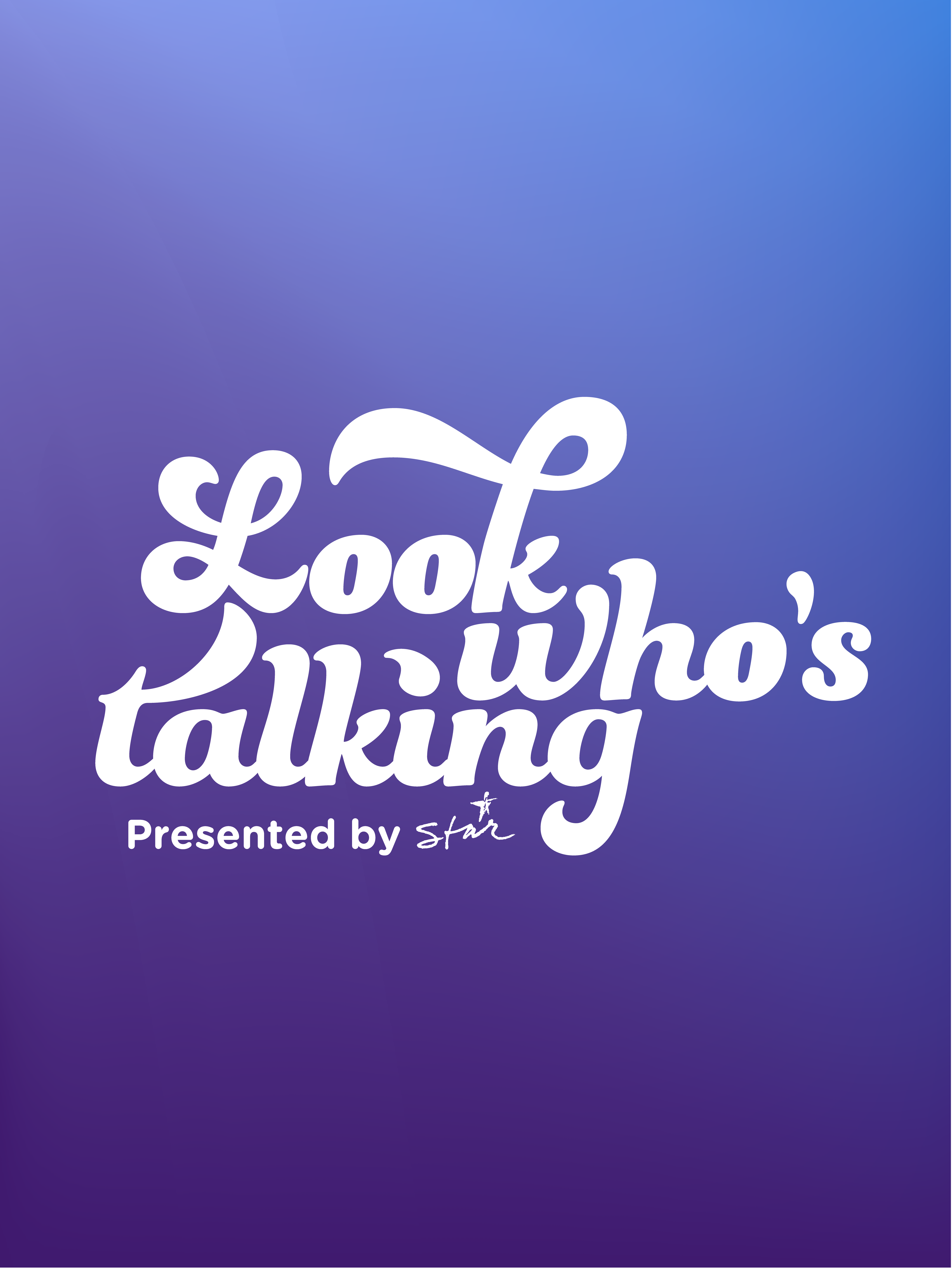Memory recall is all about emotions, too. Consider this beautiful quote from Maya Angelou, “I’ve learned that people will forget what you said, people will forget what you did, but people will never forget how you made them feel.” And get this: past memories are often triggered by someone’s environment – the setting and mood memory. Being in a place surrounded by familiarity of the past and recalling experiences that had a similar emotional tone from the past, will recall memories that were equal (or the same as) those experiences.
So, how brands can benefit from this emotional brain recall? We have three ideas:
Emotional Learning
When we learn things, really retain them, it’s emotional. People work on making their memories stronger by attaching emotional significance to objects and the actions they experience. That’s why we remember things so well from ages 15-25. During this period of our lives, we’re attaching a lot of big, life-changing moments to the memories: graduation, getting our license, living on our own for the first time. Brands need to consider this, too. When we’re thinking about experiential marketing, how can we best understand our audience and trigger what is emotional and important to them? What is lifelong? That’s the golden nugget.
Emphasize Current Beliefs
Get down to what humans care about. Current beliefs affect what people remember, and if they really believe in something, they won’t forget about it right away. So, brands need to get into the conversations that are important. They need to have beliefs, too. A great way to do this is to build brand cognitive dissonance. A good brand will address subconscious drivers that will allow people to remember them. Why? Because people compare what they believe in to what the brands believe in. If they align, then you have a perfect match. Kind of like dating. Here are some great questions you should answer to define this:
• What do we fear? What do we hope?
• How do we want to be perceived by others?
• What do we desire?
• How do we truly view the world?
• What do we feel can’t be said at all?
• What do we want to believe about ourselves?
Become Unforgettable
The subconscious mind forgets things because we don’t care about them. For example, if you’re supposed to meet someone for happy hour and you completely forget, you probably didn’t foresee taking any value from them. That’s why, in order to be remembered, brands need to be useful. Brands should be providing their customers with not only products, but items that support them (i.e white papers, downloadable to-do lists – whatever you can think of). Becoming unforgettable is that simple.
If you’re wondering how to best complete all three of these emotional/memorable tasks, look towards experiential marketing.
Experiential marketing makes memory effortless because it's activating the five senses. And we’re not just saying that because we’re in the business. Experiential marketing teaches people, hands on, about how the brand operates. Experiential marketing humanizes a brand. And, most of all, experiential marketing offers value. The entire tangible experience is a face-to-face takeaway, one that plugs all the emotional outlets right in.
![Emotional-Intelligence-Blog [Converted]](https://blog.engagestar.com/hs-fs/hubfs/Emotional-Intelligence-Blog%20%5BConverted%5D.png?width=900&name=Emotional-Intelligence-Blog%20%5BConverted%5D.png)


